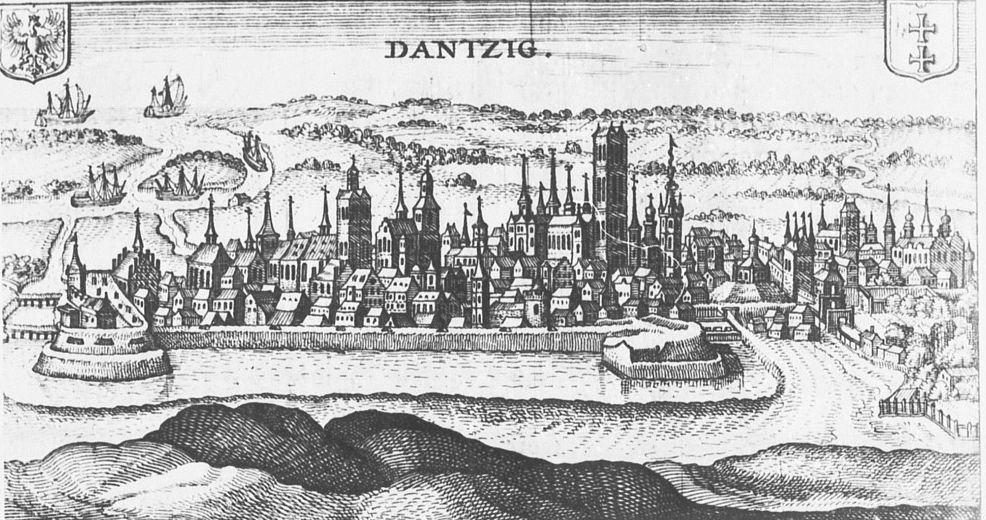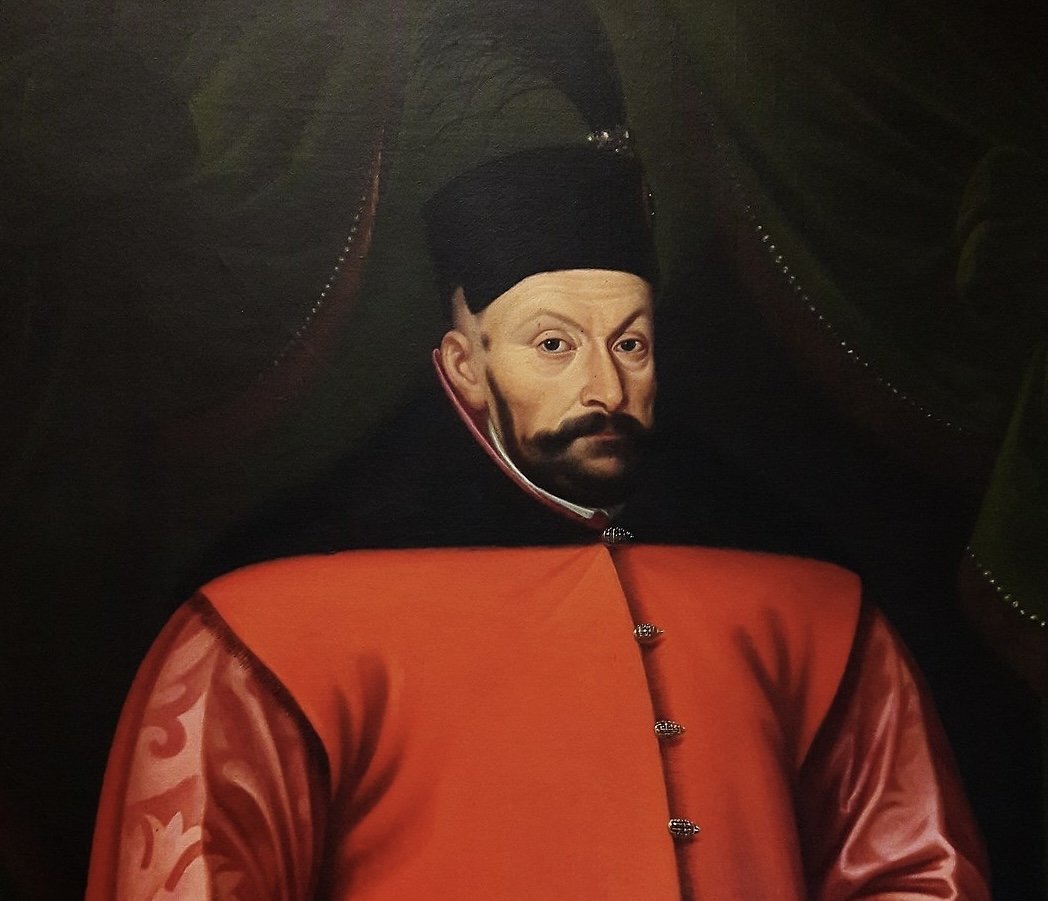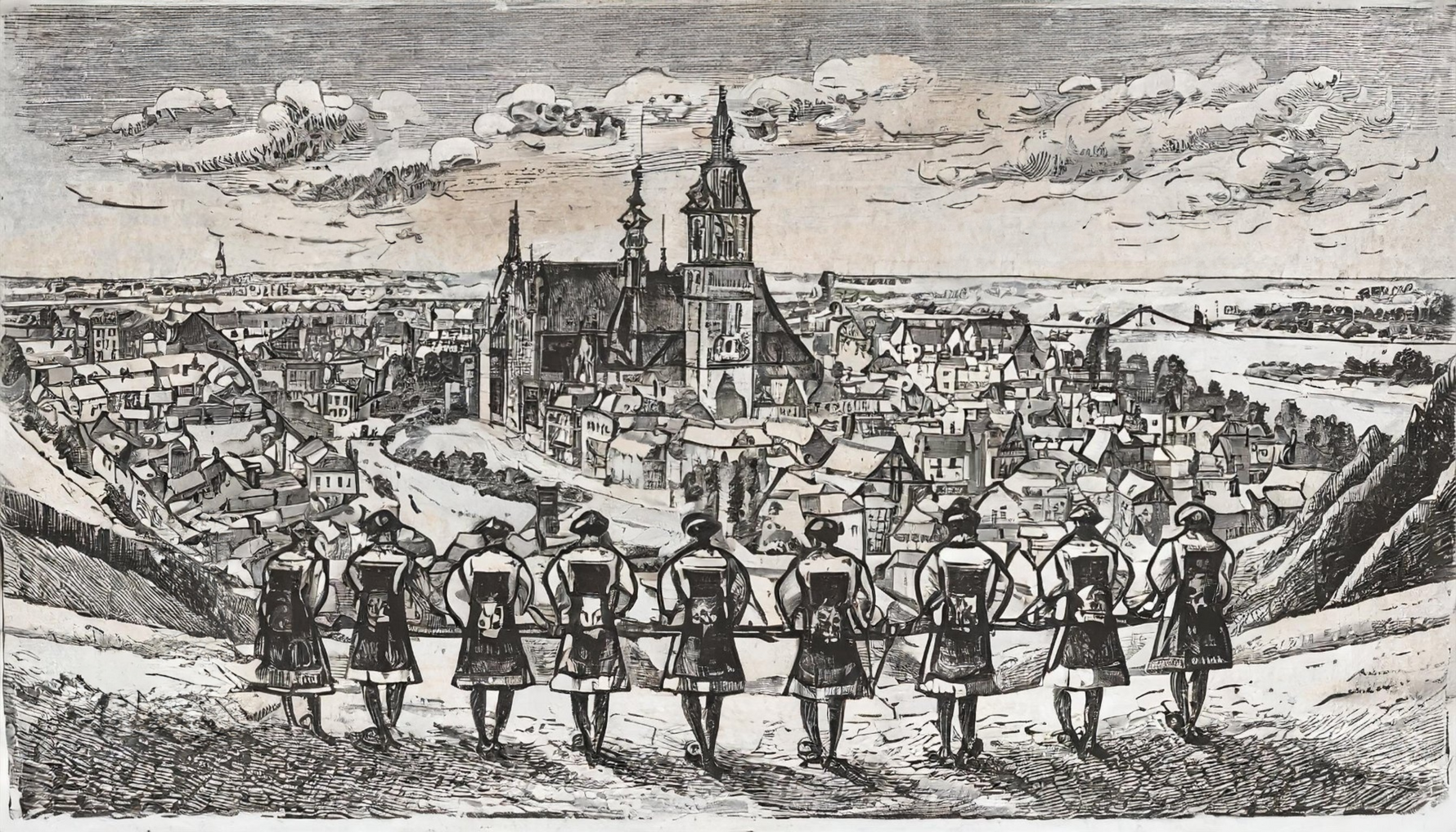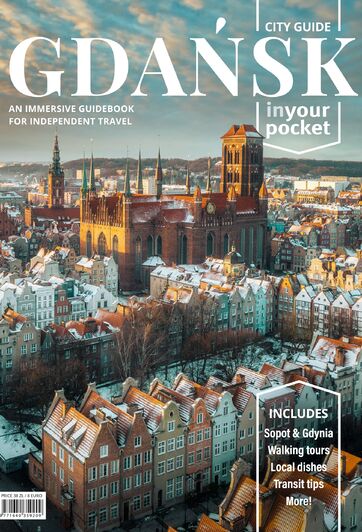The Danzig Rebellion of 1575-1577 stands as an important event in both Gdańsk and Polish history, greatly affecting the region's development and how the rest of Europe would perceive this fiercely-independent trading city on the Baltic.

The uprising was a manifestation of the city of Gdańsk (or Danzig) and their fervent desire for autonomy and religious freedom in the face of growing centralization and Martin Luther's 'Reformation' that had occurred 59 years prior.
In the late 16th century, Gdańsk was a flourishing Hanseatic port with strategic importance in the Baltic trade network. However, tensions arose between the city's predominantly Protestant population and the Catholic Polish Crown, which sought greater control over its vassal cities.

The Danzig Rebellion erupted in 1575 when the city's citizens, led by the city council and supported by Protestant nobility, rebelled against the Crown's attempts to impose greater influence. The rebellion quickly evolved into a complex struggle, with socio-political, economic, and religious dimensions.

As the rebellion gained momentum, the Polish Crown, under King Stefan Batory, responded with force. In 1577, Batory laid siege to Gdańsk in an effort to quell the uprising and reassert royal authority. The siege, characterized by intense military engagements and diplomatic maneuvers, lasted for several months.

The Siege of Danzig concluded in 1577 with the signing of the Treaty of Bydgoszcz. The terms of the treaty granted Gdańsk a degree of autonomy, allowing the city to maintain its Protestant majority and retain control over its internal affairs. However, the Polish Crown maintained some influence over external matters and trade.
The Danzig Rebellion and the subsequent siege left a lasting impact on the geopolitical landscape of the Baltic region. The struggle for autonomy and religious freedom showcased the complexities of power dynamics in the Polish-Lithuanian Commonwealth and set a precedent for negotiations between central authority and local autonomy.



Comments